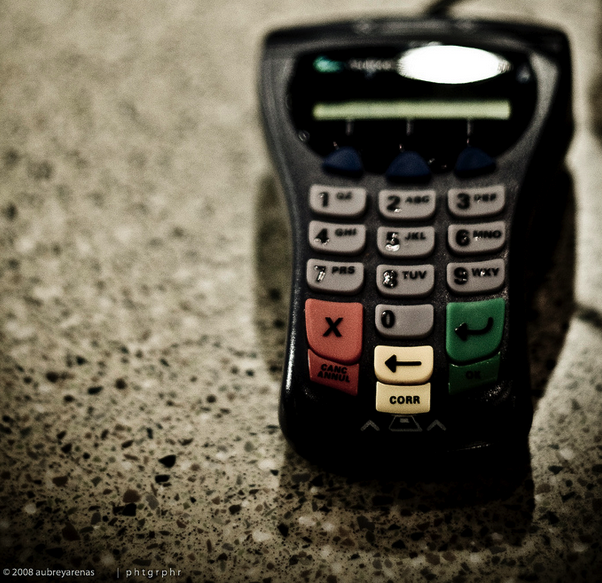Appeals Court Resurrects Fed’s Debit Card Swipe Fee Limits
Back in 2010, the Dodd-Frank financial reforms passed by Congress directed the Federal Reserve to set swipe fees at a level that represented the actual costs of processing transactions. At the time, the average fee was around $.44 per swipe. The Fed’s initial proposal slashed that to only $.12 per transaction, causing banks to cry poverty and scream bloody murder about how they’d have to sell their children to afford the mortgages on their second vacation homes.
And so the Fed’s final compromise put a ceiling of $.21 on swipe fees, causing retailers to cry poverty, et cetera, et cetera.
That limit went into effect in the fall of 2011, prompting a lawsuit from the National Retail Federation and others who claimed that the Fed had failed to follow the directions set forth in the financial reform legislation.
Last July, a U.S. District Court judge in Washington, D.C., sided with the retailers and struck down the Fed’s limits, saying it had “clearly disregarded Congress’s statutory intent by inappropriately inflating all debit card transaction fees by billions of dollars and failing to provide merchants with multiple unaffiliated networks for each debit card transaction.”
The cap remained in place while the Fed appealed this ruling, and today the U.S. Court of Appeals for the District of Columbia issued a ruling [PDF] that came down on the Federal Reserve Board of Governor’s side.
In its ruling, the court finds that the Fed performed the task it was given by lawmakers, and that the limits set in 2011 are “reasonable.”
“Congress directed the Board to issue rules that would accomplish a particular objective, leaving it to the Board to decide how best to do so, and the Board’s rule seems to comply perfectly with Congress’s command,” reads the ruling.
Want more consumer news? Visit our parent organization, Consumer Reports, for the latest on scams, recalls, and other consumer issues.


